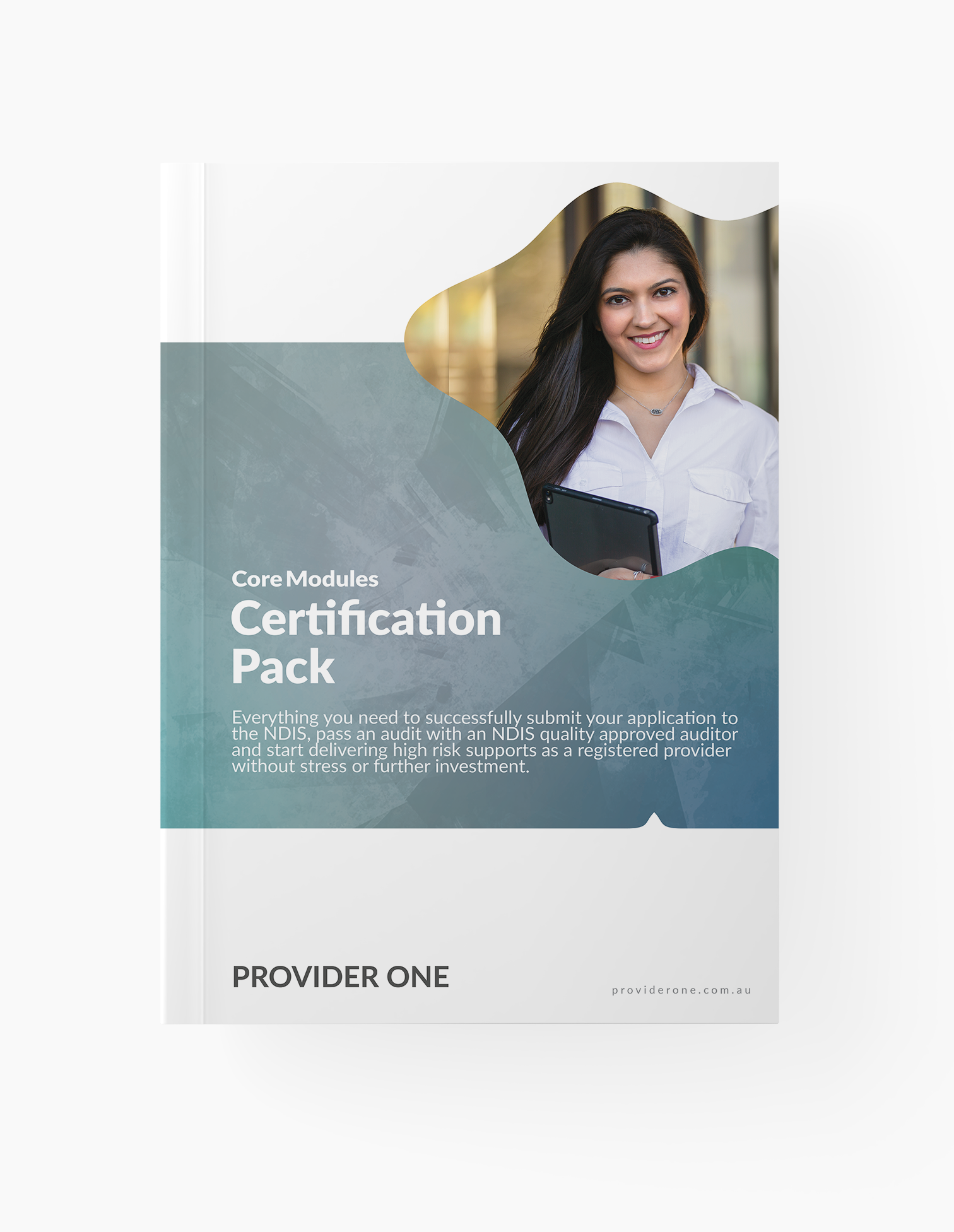What are NDIS Registration Groups?
If you're considering becoming a provider under the National Disability Insurance Scheme (NDIS), you might have come across the term "NDIS registration groups." Understanding what these groups are and how they function is crucial for ensuring you meet the requirements to provide services under the NDIS. In this blog post, we'll explore what NDIS registration groups are, why they matter, and how they impact your registration process.
What Are NDIS Registration Groups?
NDIS registration groups are categories that define the types of services and supports that providers can offer to NDIS participants. Each group encompasses a specific range of activities and supports, reflecting the diverse needs of individuals with disabilities. These groups ensure that services are delivered by providers who meet the necessary standards and qualifications for each type of support.
The Purpose of Registration Groups
Registration groups are designed to:
-
Categorise Services: They help in categorising the vast array of services available to NDIS participants into manageable and standardised groups. This categorisation makes it easier for participants to find and choose the supports they need.
-
Ensure Quality and Compliance: By requiring providers to register under specific groups, the NDIS ensures that each provider meets the requisite standards and qualifications for the services they offer. This maintains a high level of care and support for participants.
-
Streamline the Registration Process: Registration groups simplify the provider registration process by clearly outlining the requirements for each type of service. This helps providers understand what is expected of them and what they need to demonstrate to become registered.
Types of NDIS Registration Groups
NDIS registration groups cover a wide range of services and supports. Here are some of the key groups:
-
Assistance with Daily Life:
- Includes support with everyday tasks such as personal care, household activities, and transportation.
-
Therapeutic Supports:
- Encompasses a variety of therapies including occupational therapy, speech pathology, physiotherapy, and psychology services.
-
Assistive Technology:
- Covers the provision of equipment and devices that help participants improve their daily living and independence, such as mobility aids and communication devices.
-
Specialist Disability Accommodation:
- Refers to housing solutions for participants with extreme functional impairments or high support needs.
-
Community Participation:
- Includes activities and programs that help participants engage in their communities, such as social and recreational activities.
-
Behaviour Support:
- Involves interventions designed to improve the behaviour and well-being of participants, including the development of positive behaviour support plans.
-
Support Coordination:
- Provides assistance in planning and coordinating NDIS supports and services to help participants achieve their goals.
-
Employment and Education:
- Encompasses services that support participants in finding and maintaining employment or pursuing educational opportunities.
How to Choose the Right Registration Groups
When applying for NDIS registration, it's important to carefully select the registration groups that align with the services you plan to offer. Here’s how to approach this:
-
Identify Your Services: Start by clearly defining the services you offer or plan to offer. Match these services with the relevant NDIS registration groups.
-
Understand the Requirements: Each registration group has specific requirements. Review these requirements to ensure you have the necessary qualifications, policies, and procedures in place.
-
Prepare Your Documentation: Gather all necessary documentation that demonstrates your ability to meet the standards of the chosen registration groups. This includes proof of qualifications, compliance with NDIS Practice Standards, and any other relevant certifications.
-
Seek Professional Advice: If you're unsure about which groups to register for or how to meet the requirements, consider seeking advice from NDIS registration consultants who can provide guidance and support through the process.
Why Registration Groups Matter
Selecting the appropriate registration groups is crucial because it determines the scope of services you can provide under the NDIS. It also ensures that you are equipped to meet the needs of participants and maintain compliance with NDIS standards. Being part of the right registration groups not only enhances your credibility but also opens up opportunities to serve a broader range of participants and grow your business.
Conclusion
NDIS registration groups are essential for organising and standardising the types of services available to participants. By understanding and selecting the appropriate groups for your services, you can ensure compliance, improve the quality of care, and expand your opportunities within the NDIS framework.
For more detailed information on NDIS registration groups and how to register, download our "Dummy's Guide to Becoming an NDIS Registered Provider", which contains a breakdown of all registration groups in detail, including what carers are applicable. Alternatively, all of our packs on our store contain a comprehensive list of what registration groups are applicable to each pack - so you can make your decision with confidence.



1 comment
Interested to understand
Nanda Ramalingam
Leave a comment
This site is protected by hCaptcha and the hCaptcha Privacy Policy and Terms of Service apply.